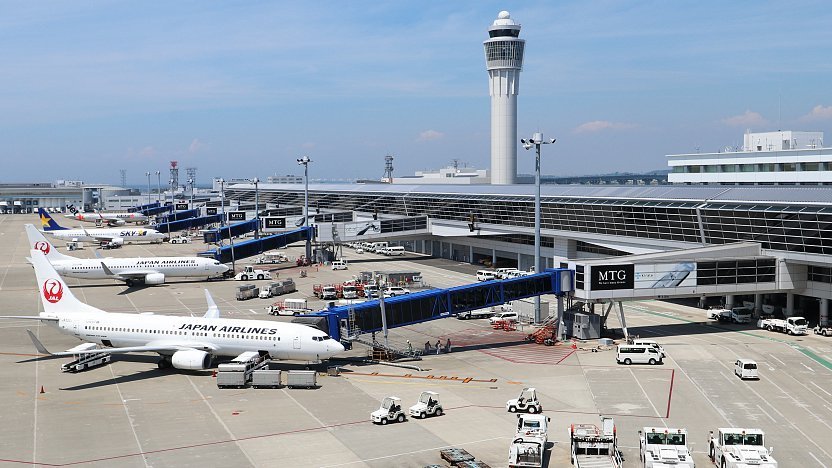
Transport
IATA: Air travel will bounce back strongly by 2023
Strait Times27.05.2021Read original
It predicted that passenger numbers would recover to 52 per cent of pre-Covid levels by the end of this year, reach 88 per cent next year, and surpass pre-Covid levels by 5 per cent in 2023.
The report from Iata and Tourism Economics said that by 2030, global passenger numbers would have grown to 5.6 billion – that would be 7 per cent below the pre-Covid forecast and an estimated loss of two to three years of growth due to the pandemic.
It cited weaker demographics and a baseline assumption of limited market liberalisation, giving average annual growth of 3.2 per cent between 2019 and 2039. Iata’s pre-Covid travel growth forecast for this period was 3.8 per cent.
But recovery in revenue growth between 2019 and 2039, measured in revenue passenger kilometres, would be slightly lower at 3 per cent due to more domestic travel and short-haul flights.
Mr Willie Walsh, Iata’s new director-general, expressed optimism about aviation, citing more vaccination and testing as the key drivers.
“And when that happens, people are going to want to travel. The immediate challenge is to reopen borders, eliminate quarantine measures and digitally manage vaccination/testing certificates,” he said.
“At the same time, we must assure the world that aviation’s long-term growth prospects are supported with an unwavering commitment to sustainability.
“Both challenges require governments and industry to work in partnership. Aviation is ready. But I don’t see governments moving fast enough.”
Iata believes there will be an instant surge in bookings when borders reopen. It cited the recent example of the 100 percentage point spike in bookings from Britain to Portugal when London announced the “Green List” early this month.
“The economy is strong and can fuel growth in travel,” the report said. “Consumers have accumulated savings in the lockdowns, in some cases exceeding 10 per cent of GDP (gross domestic product).
“Vaccination rates in developed countries (with the notable exception of Japan) should exceed 50 per cent of the population by the third quarter of 2021.”
Mr Walsh urged governments to ready their borders for reopenings: “The travel and tourism sector is a major contributor to GDP. People’s livelihoods are at stake.
“To avoid greater long-term economic and social damage, restart must not be delayed. Governments can facilitate a safe restart with policies that enable restriction-free travel for vaccinated people, and testing alternatives for those unable to be vaccinated.”
He called on governments to develop processes to digitally manage vaccine or test certificates, ensuring that a safe restart is also efficient.
